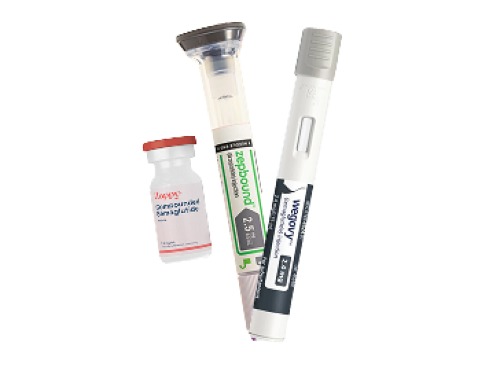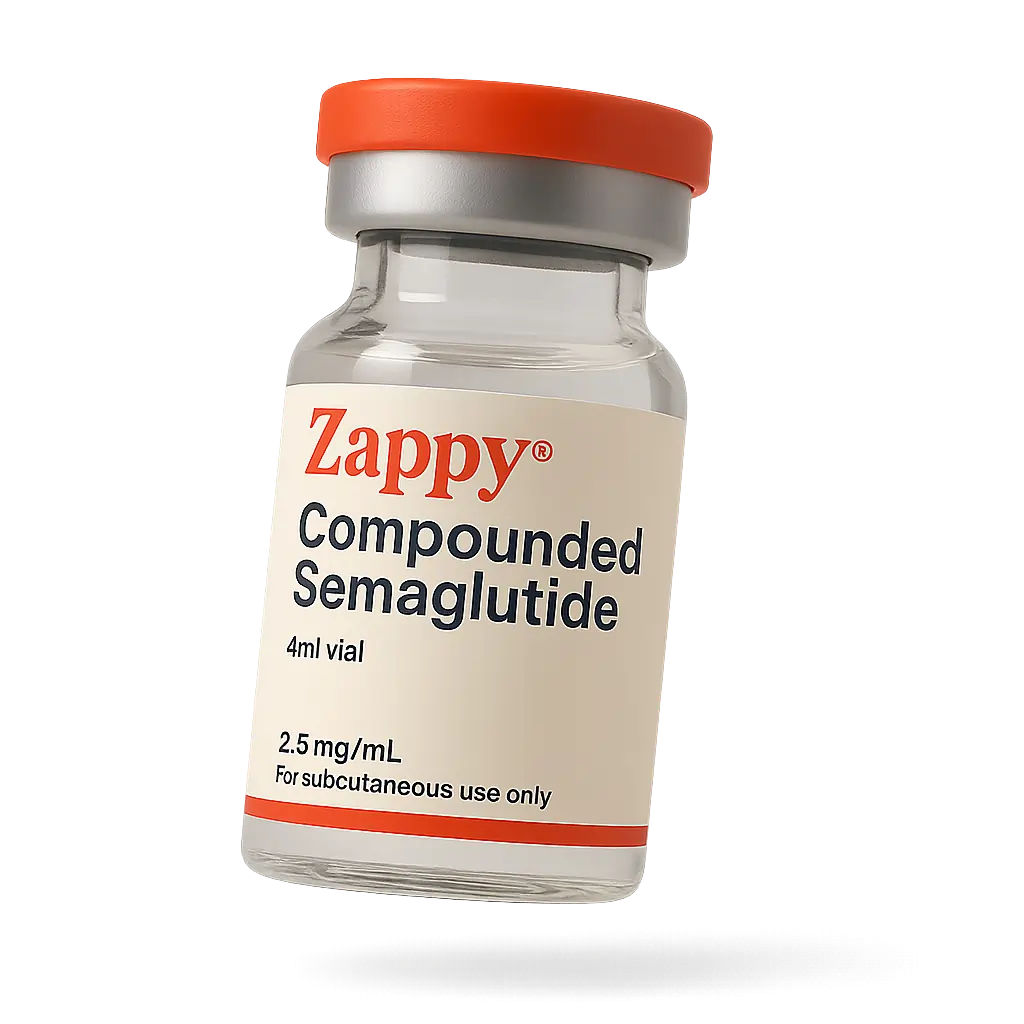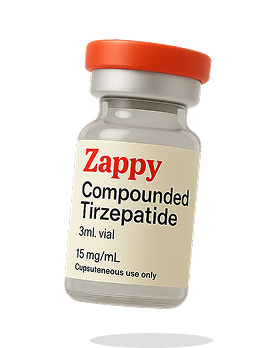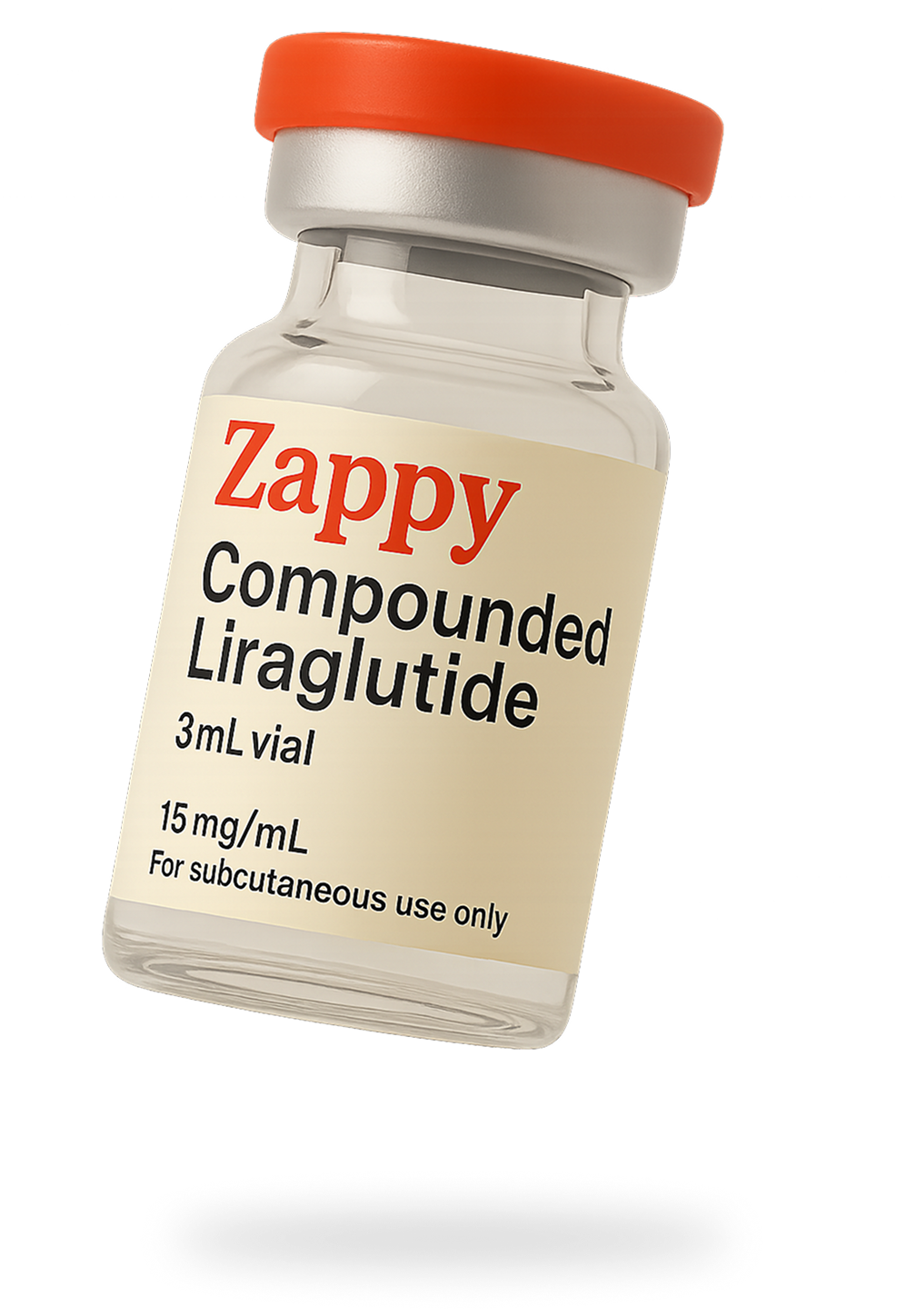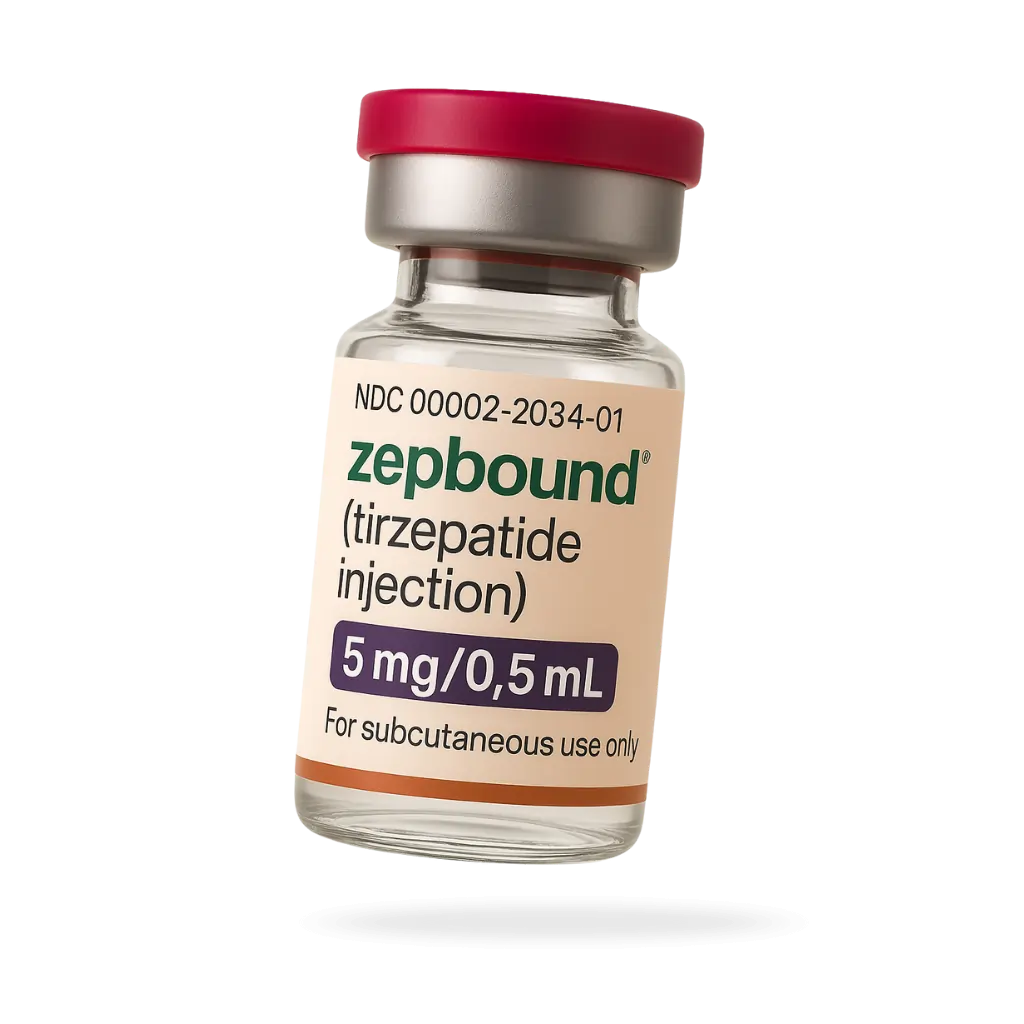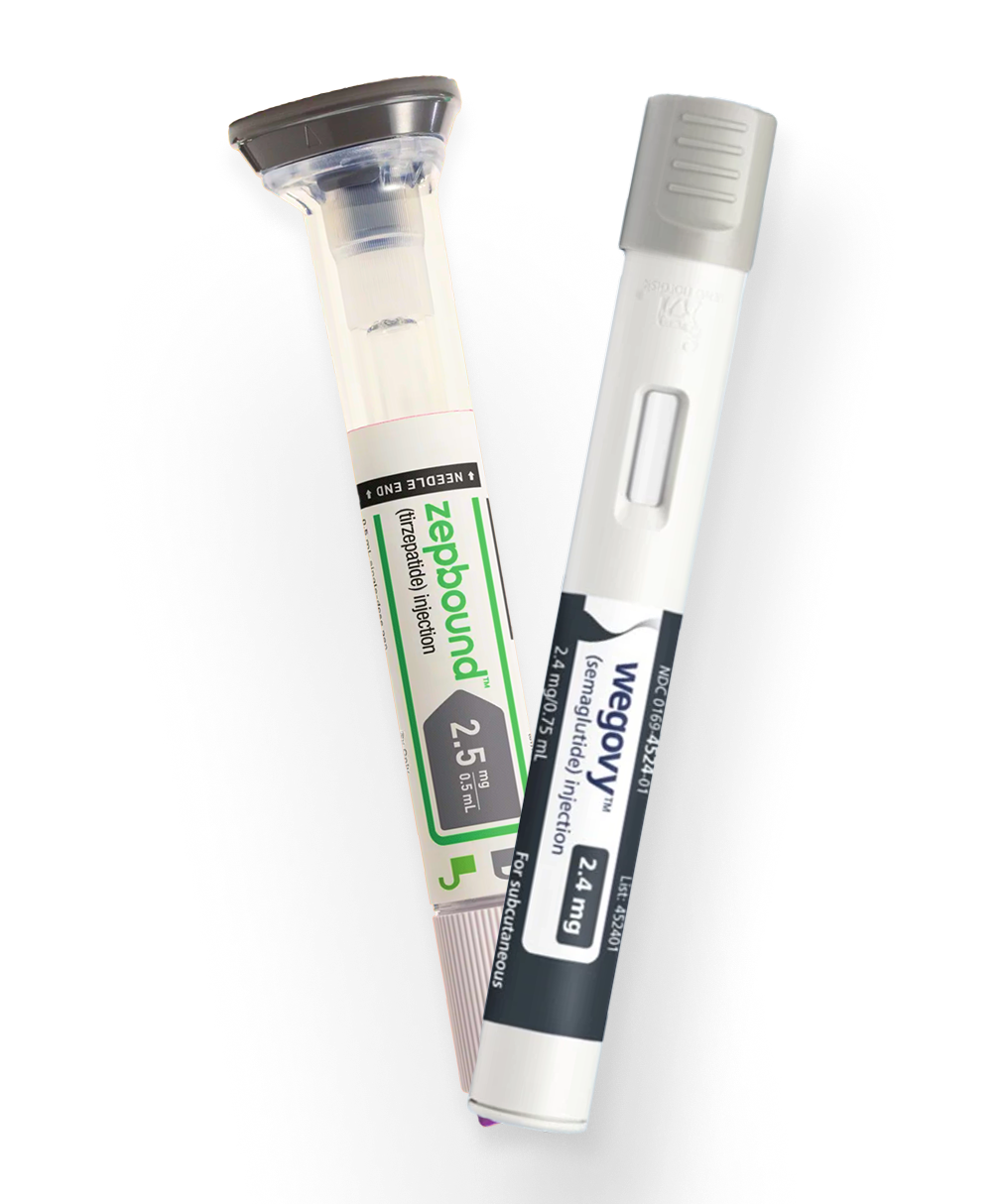Introduction
Does testosterone make you gain weight? Can testosterone make you gain weight? These and many other questions concerning testosterone and weight gain are what we will be answering in this article. We will explain the link between testosterone levels and weight gain and how you can modify testosterone levels to achieve weight loss.
Understanding Testosterone and Its Role in the Body
Testosterone is a hormone produced by the ovaries (in females) and the testes (in males). It is produced in smaller amounts in women and larger amounts in men. That is because it is primarily a male sex hormone (responsible for males’ sexual characteristics). Testosterone can also be produced by your adrenal glands. Here, the adrenal gland produces dehydroepiandrosterone and your body converts it to estrogen and testosterone. Since it is produced by your body, it is a natural steroid.
Testosterone is an anabolic hormone that performs the following functions:
- Metabolism of fat, carbohydrates, and protein
- Boosts muscle growth and strength
- Enhance bone growth and strength
- Support puberty (Voice deepening, pubic hair and facial hair in men)
- Increase sex drive
- Boost sperm production (male)
- Improve ovarian function (women)
- Aid penis and testes development (male)
Testosterone hormone enhances the breakdown of fat cells in the body through a process that researchers call lipolysis. It also influences fat distribution in your body by preventing fat storage. Additionally, testosterone causes increased sensitivity to insulin. This will lead to an improvement in glucose metabolism. As a result, more carbohydrates will be broken down. On the other hand, the same testosterone enhances an increase in protein synthesis. Thus leading to a boost in net muscle growth. That means, if you have normal levels of testosterone in your body, you will burn more fat and carbohydrates and increase your lean muscle mass.
How Low Testosterone Affects Weight Gain
Can low testosterone cause weight gain? Or does low testosterone cause weight gain? These are questions we often get from our clients at Zappy Health. As we explained previously, normal testosterone levels support the burning of fat, improve glucose metabolism, and enhance muscle mass. However, if testosterone levels in your body are low, the opposite will be the case. It means that your body no longer has adequate levels of the hormone to help you burn and regulate fat. As a result, there will be an increased storage of fat in your body, leading to weight gain.
In addition, your body will not be able to metabolize glucose as it should. Low levels of testosterone also mean that the synthesis of muscle synthesis will reduce. As a result, you will have less strength to perform adequate energy needed to burn fat. All these processes contribute to increased fat storage in your body and weight gain. Will low testosterone cause weight gain? Yes, it will. The above explains how it occurs.
Recognizing Symptoms of Low Testosterone
How do you know if the testosterone level in your body is low? Of course, there will be symptoms that will suggest if you have low testosterone levels. Low levels of testosterone are most common among people with obesity, obstructive sleep apnea, type 2 diabetes, HIV/AIDs, liver cirrhosis, kidney diseases, and the elderly.
People who have low levels of testosterone may notice one or more of the following symptoms:
- Increased fat in the body (weight gain)
- Decreased muscle mass and strength
- Loss of facial hair
- Fatigue
- Poor concentration
- Larger breasts for males (gynecomastia)
- Poor sex drive
- Infertility and erectile dysfunction
- Reduced pubic hairs
- Poor endurance
- Shrinking testes in males
- Poor memory and concentration
- Depression
All these symptoms affect your overall health and lower your quality of life. We always advise that you consult a physician to clinically examine you before making a conclusive diagnosis. Having one or more of these symptoms is not conclusive. Your doctor will take a full history, examine you, and perform investigations to know if your testosterone level is actually low.
Blood samples to check testosterone levels are usually collected early in the morning between 8 a.m. to 10 a.m. (peak period when it is usually high). According to the American Urology Association, any testosterone level below 300 ng/dL in adults (nanograms per deciliter) is low. Other providers only consider testosterone as low when it goes below 250 ng/dL. At Zappy Health, we take into consideration your symptoms from the medical history, the signs (from our clinical evaluation), and the test results before we make a conclusive diagnosis.
Can Testosterone Replacement Therapy Help?
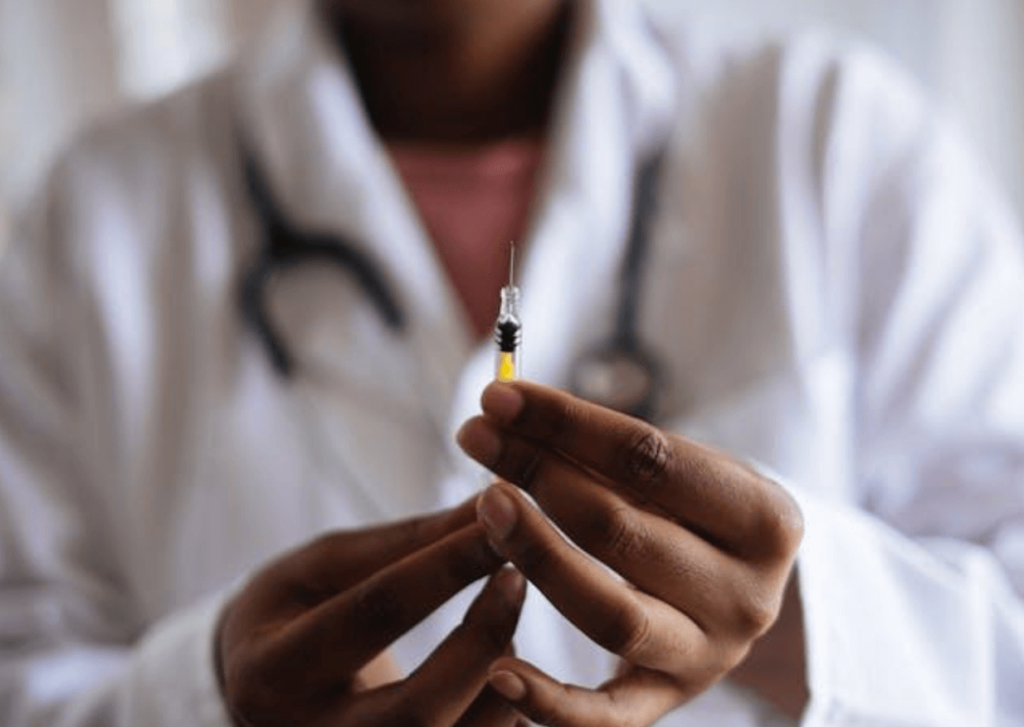
Since low testosterone levels have been linked with increased fat storage and weight gain, people often consider its replacement to achieve weight loss. Testosterone replacement therapy (TRT) is the medical process whereby people with low levels of testosterone take it from an external source to optimize its levels. Studies have proven that, when done correctly, testosterone replacement therapy helps to reduce fat storage, increase bone density, and boost muscle growth, thereby improving the overall body composition.
Doctors usually prescribe testosterone replacement therapy according to the individual’s case. However, people on testosterone replacement therapy are at the risk of stimulating benign prostatic hyperplasia/prostate cancer, acne, sleep apnea, heart diseases, breast changes, low sperm count, prolonged and painful erection, mood swings, etc. It is essential to ensure that you only allow experts to prescribe, administer, and monitor you while on this therapy. They will also weigh the pros and cons of receiving this therapy based on how they assess your own case.
At Zappy Health, we always advise that you use a holistic approach to achieve weight loss. Getting testosterone replacement therapy alone is not the optimal approach to your desired weight loss. Instead, incorporate it with regular exercise, balanced diets, and adequate rest or sleep.
Who Should Consider Testosterone Therapy?
There are several guidelines for the administration of testosterone replacement therapy. Some of these guidelines are from The American Association of Urology, The European Society of Endocrinology, The European Association of Urology, and the International Society for the Study of Aging Male. However, we will be using guidelines from the American Association of Urology. Accordingly, you may consider a testosterone replacement if:
- Total testosterone is below 300 ng/dL (on two separate occasions and both samples were taken early in the morning).
- Symptoms and signs of low testosterone are present in addition to low levels of total testosterone.
- You are not trying to achieve conception.
- You did not have a history of cardiovascular diseases in the past 3 to 6 months.
The above are only a few curated recommendations from the American Association of Urology. It is advisable to consult a physician for a detailed evaluation of your medical status before you consider commencing testosterone replacement therapy.
Natural Ways to Support Healthy Testosterone Levels
Considering the risk factors, side effects and necessary requirements before commencing testosterone replacement therapy, you may be thinking of natural ways to improve your testosterone levels. Below are some natural ways to boost healthy levels of testosterone:
- Regular Strength Training: Resistance or weight training has been proven to boost testosterone production. Spike in testosterone levels have been noticed after resistance exercises. Try exercises that involve large muscle groups such as deadlift, squat, weight lifting, lunge, wall push-ups etc.

- Nutrient-Rich Diets: Take balanced diets and meals that are rich in Zinc and Vitamin D. These nutrients have been found to be very beneficial in the production of testosterone. So if you take meals that are high in Zinc and vitamin D (such as meat, nuts, eggs, fortified cereals, milk, sardine, oats and oysters), you will improve your testosterone levels.
- Reduce stress levels: It has been discovered that during periods of excessive stress, total testosterone levels in the body are reduced. To reverse this occurrence, you should identify and avoid activities that increase your stress levels. Doing so will help you optimize your testosterone.
- Getting Adequate Sleep: The benefits of adequate sleep can not be overemphasized. Studies show that most of the testosterone produced in the body is during sleep. If you deprive your body of this sleep, it means you are decreasing your testosterone levels. However, having adequate sleep will cause your system to produce more testosterone.
Final Thoughts on Testosterone and Weight Management
Now, does testosterone make you gain weight? Testosterone levels determine your body composition. The lower the total testosterone in your body, the higher your fat storage and the more weight you will gain. Conversely, normal levels of total testosterone in your body will help you break down fat tissues, causing you to lose weight. At Zappy Health, we recommend that you employ a balanced approach including a healthy lifestyle, balanced diet, regular exercise, and sleep. Don’t forget to seek professional advice from a doctor where necessary.
Frequently Asked Questions
-
-
Does going on testosterone make you gain weight?
-
Similar versions of this question could be: Can testosterone make you gain weight? Or does testosterone cause weight gain? Going on testosterone replacement therapy will increase the rate at which your body metabolizes fat and carbohydrates. As a result, you burn more calories. This process results in weight loss and NOT weight gain. It means that going testosterone will make you lose weight.
-
Does Testosterone make your hips smaller?
Testosterone helps in regulating fat distribution in the body. If you go on testosterone replacement therapy, your legs and arms will build up more muscles. At the same time, fatty tissues will reduce in your thighs and hips.

